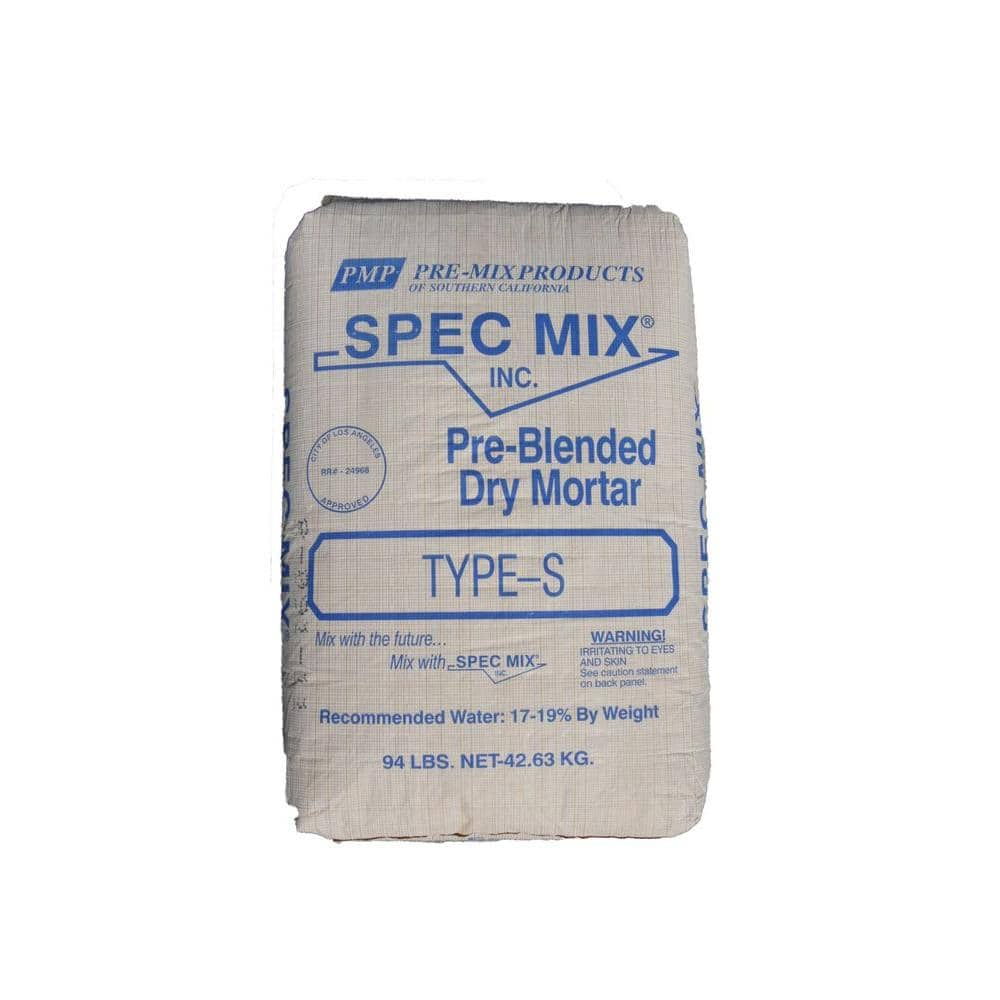Concrete vs. Cement

Published December 21, 2023
Both concrete and cement are used in all types of residential and commercial building projects. Although they look alike, they serve very different purposes. When choosing concrete vs. cement, it’s important to know which is the best choice for your next DIY project. Read on to find out the the difference between concrete and cement.
Table of Contents
Differences Between Concrete and Cement
What is Concrete?
What is Cement?
Best Projects for Concrete
Best Projects for Cement
Concrete & Cement Tips
Differences Between Concrete and Cement

Concrete can be used to do most everything involving heavy-duty construction, from roads to backyard patios. Cement can be used for several similar building projects, but it is no substitute for the strength and durability of concrete. Concrete, on the other hand, wouldn’t exist without cement. Cement is the binding agent that holds all the other ingredients in concrete together. Concrete can last decades but objects made of cement have limited longevity.
What is Concrete?

Concrete mix is about 75 percent sand and concrete aggravates such as gravel and 25 percent cement and water. The most common building material, concrete is stronger and more durable cement. Concrete takes longer to set than cement. Concrete can be molded into a variety of different shapes.
Unlike with cement, there are different types of concrete. General purpose concrete is used for most construction projects. Reinforced concrete resists cracking even under heavy pressure and is ideal for driveways. Some types of concrete can also contain additives that make it dry faster.
What is Cement?

Cement is made from limestone, clay, iron ore, shale and other minerals. These materials are heated together and then ground to powder. Mixed with water, this powder becomes a paste called cement. Cement has binding and adhesive qualities. Cement sets and hardens quickly. Although it can be used for larger building jobs such as drains, it’s best for projects that need a fast-setting time. It is also very versatile. It can be used alone or used to create concrete and other products. For example, mortar mix is cement mixed with extra fine sand.
Best Projects for Concrete

When thinking about concrete vs. cement for a project, consider which has the strength and durability you need. Concrete can handle a lot of wear and stand up under heavy weight. It’s best for:
- Driveways
- Walkways
- Patios
- Retaining walls
- Fence posts
- Foundations
Best Projects for Cement

Cement is easier to work with than concrete. It’s more budget friendly, versatile and dries faster. When it comes to deciding whether to use concrete vs. cement, choose cement for projects like:
- Repairing cracks in concrete
- Garden or walkway stepping stones
- Cement tiles
- Planters
- Raised Garden Beds
Concrete & Cement Tips

- Use gloves, goggles and a respirator when mixing cement or concrete mix.
- Concrete requires very precise and accurate measurements for the best results. Use measuring tools such as a scale and measure twice.
- How you mix concrete can change its strength and manageability. Closely follow package instructions.
- Do not mix cement with concrete. You’ll be adding more binding agent to your concrete, resulting in a product that won’t work.
- Clean up any spills or tools immediately. Once cement or concrete has dried, it can be impossible to remove.
They may look identical, but cement and concrete are completely different. Cement is an ingredient in concrete and acts as its binding agent. Concrete is a mixture of cement, water, rocks and sand. Understanding which product to use for which project will help you choose the right materials for your specific needs. Need concrete or cement? The Home Depot delivers online orders when and where you need them.
































